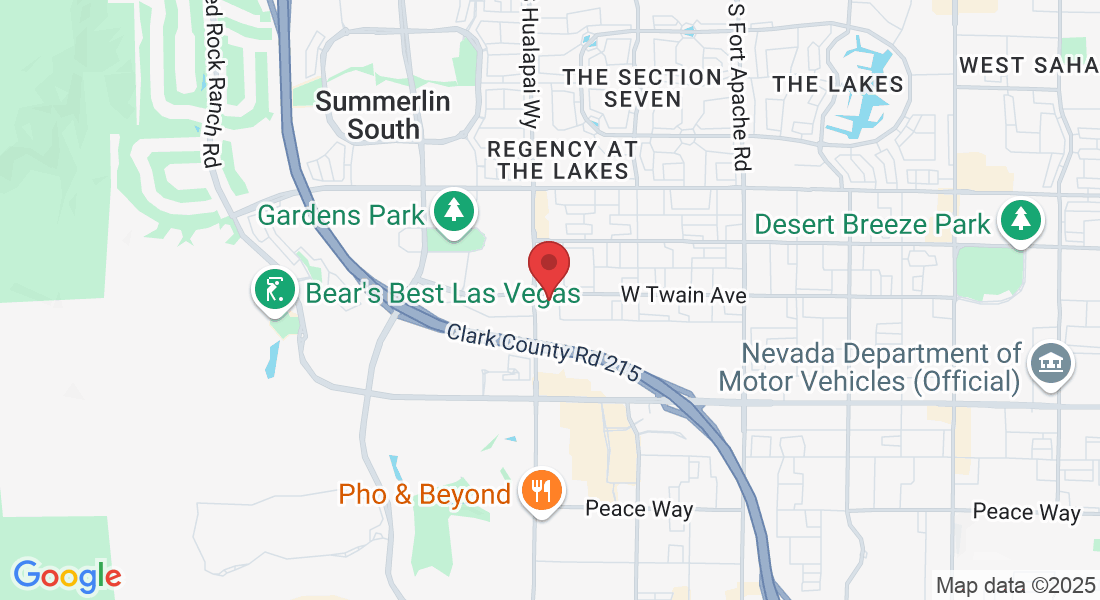
Understanding The Difference Between Bookkeeping And Accounting
Small businesses, sole proprietorships, and partnerships may all benefit from an outside professional handling their finances. While an accountant and a bookkeeper may seem to be interchangeable roles, each has different responsibilities and provides distinct benefits for a business. Both can help business owners track expenses and make smart financial decisions, which can help increase business growth. For more information about the difference between bookkeeping and accounting, consider calling CPA Attorney at (702) 420-0217.
Bookkeeper and Accountant, Defined
If a bookkeeper is the words, the accountant is the storyteller. Generally speaking, bookkeepers handle the day-to-day financial transactions for a business while accountants provide financial insight for business owners. The two positions are more specifically explained as follows.
Bookkeeper
Bookkeeping is the process of gathering, organizing, and storing the financial information for an entity. Tracking a business’s daily transactions is essential for smooth business operations, from calculating daily sales to paying vendors on time and ensuring that each dollar is accounted for. The bookkeeping reports form the foundation for all financial business reports, including:
Profit-and-loss statements
Tax returns
Financial statements
Bookkeeping is the recording of all financial transactions for a business. Without proper record keeping, business owners will not have the information they need to make informed decisions for the company’s trajectory.
Accountant
Accountants use the information generated by bookkeepers to identify, record, summarize, and interpret the business’s financial information. That is, they use the reports from the bookkeepers to explain the financial state of the business. Accountants can help business owners determine the right time for expansion or a major capital outlay or can identify possible signs of fraud or embezzlement.
The Goals and Objectives of Each Role
Because the responsibilities and duties of bookkeepers and accountants are different, so are their respective objectives. Bookkeepers are primarily responsible for maintaining accurate records of a business’s financial transactions. They may use one of two record-keeping systems, either single-entry or double-entry, and typically record financial activity chronologically. A business owner may be able to see the income and expenses for each day, month, or quarter at a glance.
Accountants, however, are responsible for determining the fiscal status of the business and pass this information on to the owner, board of directors, or other key decision-makers. Accountants do not focus on a company’s daily transactions but, rather, the overall interpretation of financial data.
What Are the Responsibilities of Accountants and Bookkeepers?
To better understand the differences between a bookkeeper and an accountant, it is important to understand the scope of their responsibilities.
Duties of a Bookkeeper
The duties and responsibilities of a bookkeeper typically include the following:
Issuing invoices to clients
Paying vendor bills and other debts
Collecting sales tax and transferring it to the state department of revenue
Recording daily sales receipts
Making daily bank deposits
Balancing and reconciling each business account on a monthly basis
Overseeing the company filing system for accounts receivable
Processing payroll and deducting correct payroll taxes
Paying licensing fee and ensuring renewal of applicable licenses and permits
These may not be all the duties of a business bookkeeper, as each industry can have different financial requirements. For example, a transportation business may need to collect and pay excise taxes in addition to sales tax.
Duties of an Accountant
The duties of an accountant may overlap those of a bookkeeper, but an accountant cannot properly perform his or her job without precise records compiled by the bookkeeper. Typical accountant duties and responsibilities include:
Developing, reading, and analyzing financial reports
Providing advice to the business owner based on financial reports
Preparing tax returns and determining deductions for a lower tax liability
Ensuring compliance with federal, state, and local regulations
Monitoring for fraud and embezzlement
Creating reports for key decision-makers
Supervising the bookkeeper or bookkeeping department
In smaller organizations, an accountant may also perform the duties of a bookkeeper. Bookkeepers are generally responsible for maintaining the daily financial transactions, and accountants use this information to help business owners make sound financial decisions.
What Skills Are Required for Each Position?
Understanding the general skillset of accountants and bookkeepers can help business owners make better hiring decisions based on their needs. Whether a business owner plans to hire an accountant or bookkeeper as a consultant or as an employee, knowing each position’s unique skillset ensures that an owner will hire the right person for the business’s needs.
Bookkeeping Skills
Bookkeepers should be detail-oriented, highly organized, and good at math. These positions do not necessarily require a degree, although many bookkeepers may receive a certification from the National Bookkeepers Association or a license from the National Association of Certified Public Bookkeepers.
Accounting Skills
Accountants typically have at minimum a bachelor’s degree in accounting. Some may obtain a master’s degree or opt to specialize in a particular related field, such as forensic accounting or internal auditing.
According to AccountingEDU.org, a Certified Public Accountant is certified through the state board and must pass the Uniform CPA Examination to receive a CPA credential. CPAs are required to maintain their license through continuing education and reviewing changes in accounting regulations.
Which Type of Financial Service Does Your Small Business Need?
Although both bookkeepers and accountants are important for an efficient business, some small business owners may not have the financial wherewithal to hire two individuals to monitor their finances. Bookkeeping is largely data entry and may be the best choice for businesses that have a lot of daily transactions to be reconciled. For example, a retail store or restaurant may benefit from a bookkeeper who oversees day-to-day operations, as there may be dozens or even hundreds of different transactions. Reconciling daily receipts may be vital to the business’s success.
An accountant may be a better fit for a business that requires less daily financial reconciliation. As technology improves, bookkeeping duties can be largely automated or only require a few hours per week to complete. With many financial reports being automatically generated, having an accountant verify their accuracy and then provide advice based on the data may be a better fit for some small businesses.
Ask a CPA Attorney
Accounting and bookkeeping have different purviews, but both roles are essential for small business growth. Having precise financial records ensures that you, the business owner, know where your money is going. An accountant can help a business owner determine when to expand and curtail expenses to maintain the business’s financial health. Consider asking CPA Attorney for more information about the difference between bookkeeping and accounting by calling (702) 420-0217.
© Copyright 2025 – CPA Attorney


